WE ALL HAVE ONE, THEY ARE ALL DIFFERENT AND CERTAIN PEOPLE DON'T LIKE THEIRS OR OTHERS.
THIS INFORMATION IS SPECIFIC TO CHICAGOLAND, HOWEVER MAY BE GENERALLY APPLIED TO THE UNITED STATES.
| Ouch | Meh | Good | Better | Best | |
|---|---|---|---|---|---|
| Price | |||||
| Quality of Random Instructor | |||||
| Easy to Find an Instructor | |||||
| Online Training Material | |||||
| Future Technical Training |
Making things even worse is that each agency can call certain skill/certification levels whatever they want, so it can be difficult to figure out the training or skill equivalence when crossing over between agencies.
A Little More About Each Agency
*The pros and cons of each agency listed below are what you will inevitably hear in the industry. Many of them have no basis in fact or are opinions formulated around singular events. My opinion, as listed, is obviously primarily shaped by the direct experiences I have had with each agency. If lacking that, then they are based on the predominant opinions of others in the industry that I respect. Neither of which can be relied upon to determine what you may experience or believe.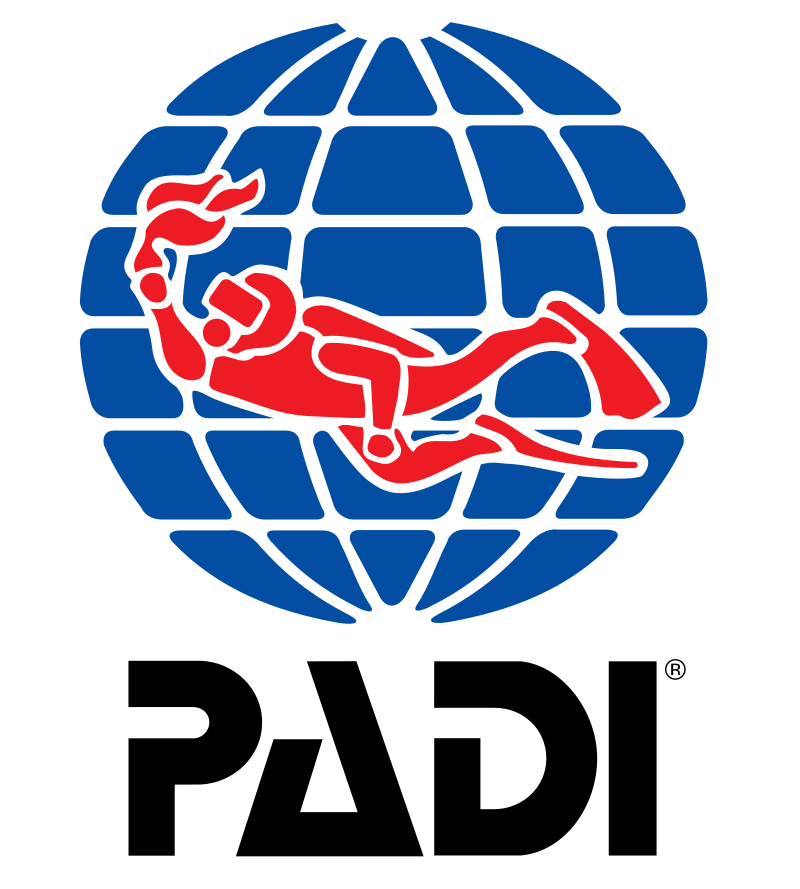
(PADI) Professional Association of Diving Instructors
Website: https://padi.comClaims to Fame: Largest dive agency in the world. Meaning you can find dive centers and instructors that are affiliated with PADI in literally every major dive area on the globe.
Direct Experience: No
Pro: Brand awareness, many many many instructors
Con: Many many many instructors means greater probability of getting a low quality instructor at random, allows bare minimum standards from students, profit focused, a lot of marketing and branding that means nothing.
Some "Random Guy On the Internet" Opinion:
I've met great PADI trained divers and instructors and I've met horrible PADI trained divers and instructors. If you plan to go PADI for your dive agency then I HIGHLY recommend you base your training decision on the instructor and not the dive shop. There is nothing that makes PADI stand out as great or unique. PADI shops and instructors are a dime a dozen so make sure you find a good one.
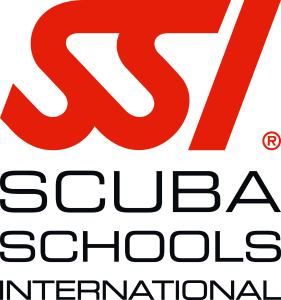
(SSI) Scuba Schools International
Website: https://divessi.comClaims to Fame: None that I am aware of other than possibly their online training material.
Direct Experience: Yes
Pro: Beautiful online/digital training material. Their training costs are often slightly less than PADI due to competition pressure.
Con: Significantly less training facilities or instructors than PADI. There is only one SSI affiliated dive shop in the Chicagoland area. Tightly aligned with the Mares equipment brand as they are owned by the same parent company.
Some "Random Guy On the Internet" Opinion:
I've not met/had any horrible SSI instructors. They have all been perfectly acceptable and I would be happy to refer a family member to them, though maybe not enthusiastically. Their online training material is the most polished of the agencies I have direct experience with. Their mobile app is pretty good. However, SSI itself seems to be more focused on supporting the dive shop needs/wants and less so on the student needs/wants.
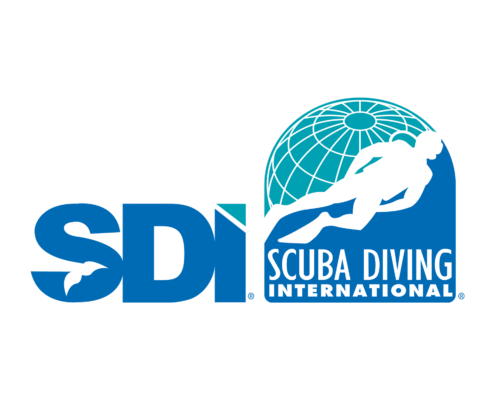
(SDI) Scuba Diving International
Website: https://tdisdi.comClaims to Fame: Started as a technical diving training agency (TDI) and expanded into recreational. First to offer online training and first to accept Nitrox into their curriculum.
Direct Experience: Yes
Pro: If looking to move from recreational to technical training within the same agency, then starting with SDI would make perfect sense given their sister agency of TDI is generally considered a better option for advanced/technical training than PADI or SSI. I've also found that if an open water instructor has previously had training with or been an instructor for TDI, they tend to have more advanced skills than instructors who did not.
Con: Dated online training material. Content is still accurate/valid, it's just basically reading a PDF online instead of including videos, graphics, etc to help explain or augment the words.
Some "Random Guy On the Internet" Opinion:
I hear from instructors that they prefer to work for SDI or NAUI because of how they treat their instructors, but there is more business working for SSI or PADI. So you may have more luck finding an instructor who teaches above the minimum standard in SDI or NAUI.
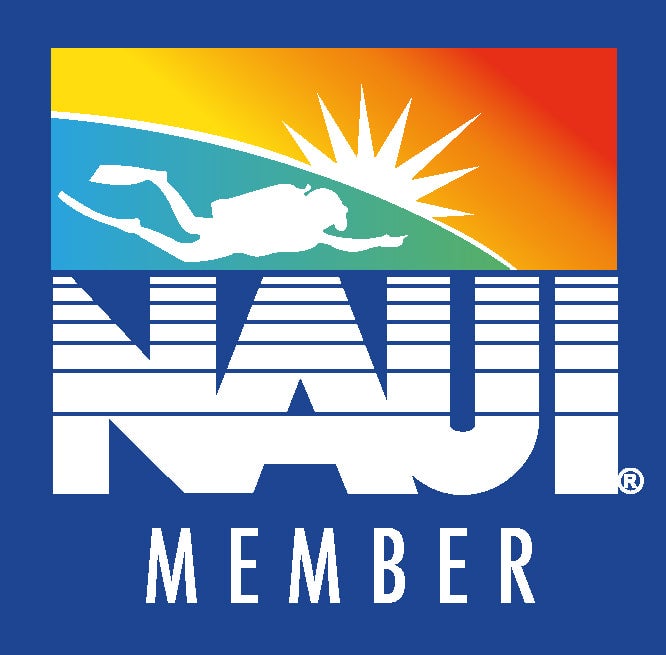
(NAUI) National Association of Underwater Instructors
Website: https://naui.orgClaims to Fame: Not for Profit, oldest(?) diving instruction agency still in existence (1959)
Direct Experience: No
Pro: Generally the cheapest option for training. I've heard NAUI allows greatest freedom to it's instructors on how to run their classes.
Con: Not as well known as PADI, SSI or SDI. Could be difficult finding multiple instructors to choose from.
Some "Random Guy On the Internet" Opinion:
I honestly have zero experience with NAUI either directly or online. You rarely hear anything good or bad about NAUI online.
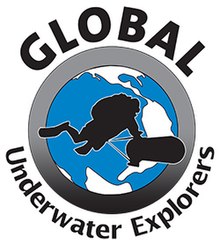
(GUE) Global Underwater Explorers
Website: https://www.gue.comClaims to Fame: The highest quality of training and instructors you can find anywhere. Bar none.
Direct Experience: Yes
Pro: Quality of instruction. Team diving.
Con: Not a lot of instructors so you will likely need to travel to them. Has a negative dive culture stigma. Has strict equipment standards that must be followed. Cost prohibitive for most divers.
Some "Random Guy On the Internet" Opinion:
If not for the cost, rigidity of the equipment standards and the limited number of instructors...this is the level of dive instruction I think everyone should aspire to get. However, it would preclude 95% of new divers from joining the sport due to cost...which would suck. So I accept it is totally impractical for the majority of divers to begin their training with GUE. From an agency affiliated community perspective, the local GUE community in the Midwest is fantastic.
The Agencies Use The Same Naming Convention Right?
Unfortunately no. My best approximation for the minimum skill/dive equivalences:| Level | PADI | SSI | SDI | NAUI | GUE |
|---|---|---|---|---|---|
| 1 | Open Water Diver (REC 1) |
||||
| 2 | |||||
| 3 | |||||
| 4 | GUE Fundamentals (REC 2) |
||||
| 5 | must begin technical training if you want more skill based classes |
||||
| 6 | (REC 3) |
||||
